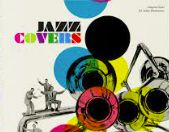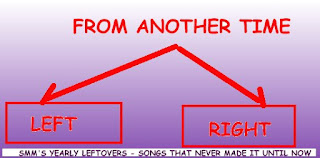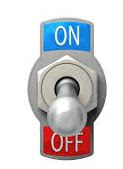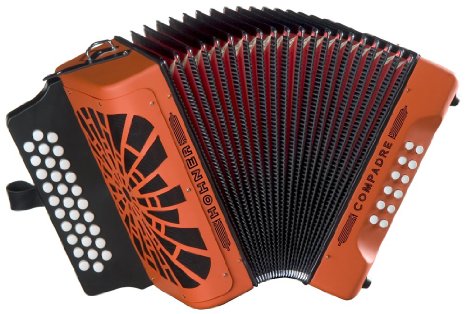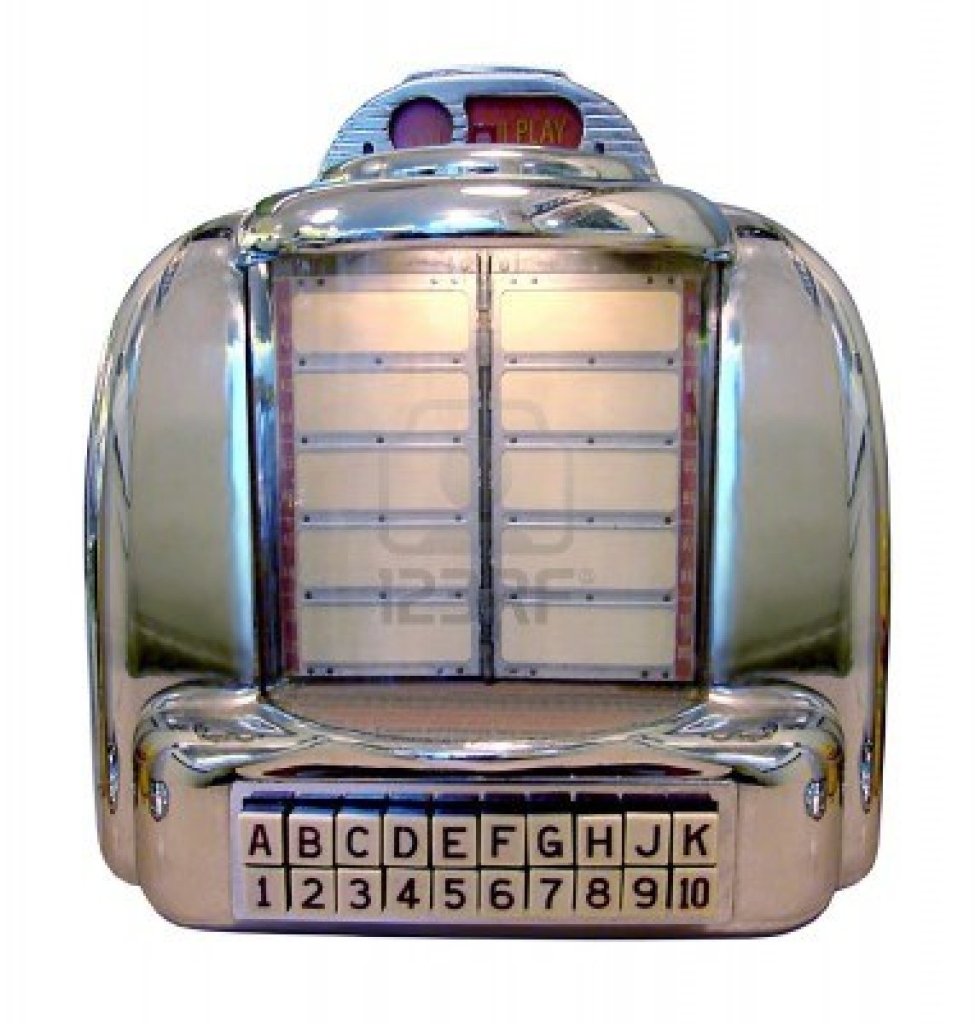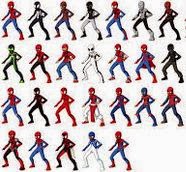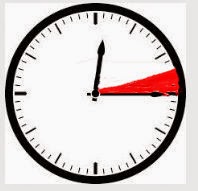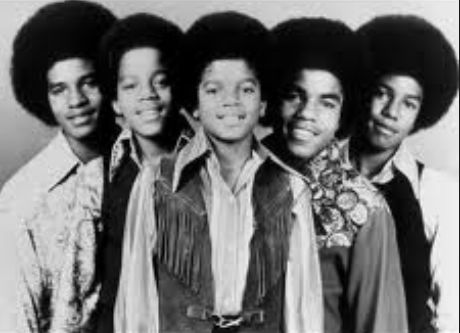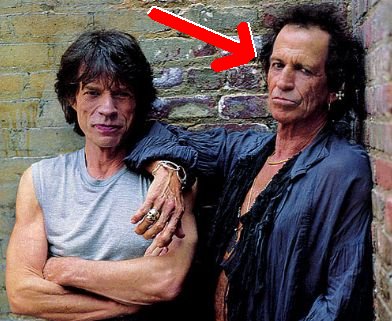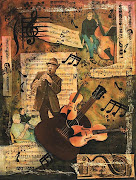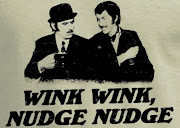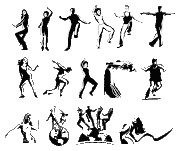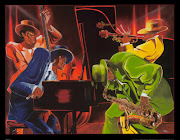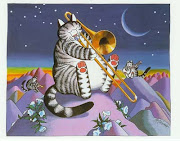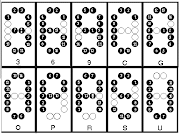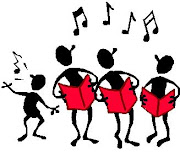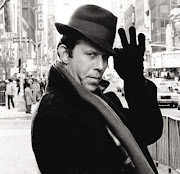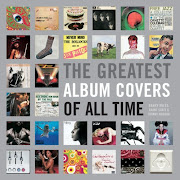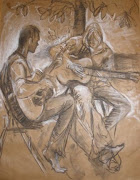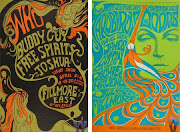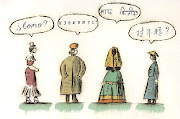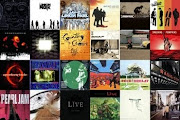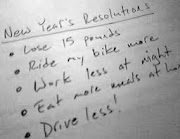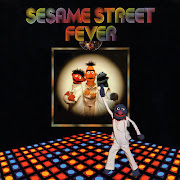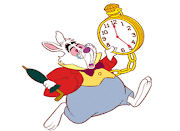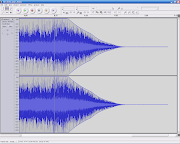Tuesday, May 7, 2013
Work: Do You Want My Job
David Lindley: Do You Want My Job
purchase link: [Amazon]
Once again, I'll stretch the limits of this week's theme with this post: Job, work .. It's all the same. As the man says, "I hump the stuff, I take the cash/So my kids can wear Adidas" . If it aint Adidas that you're paying for, it isnt far removed (world-wide McDonalds burgers and Pepsi Cola...) Ain't got no job, ain't got money? ... you are definitely in a downward spiral. (I speak from personal experience: you need fortitude. And luck to escape the vortex.)
I first came across David Lindley though my love of Ry Cooder. David Lindley has periodically provided backup support for Ry and others. His 1981 album El Rayo X includes Bill Payne (Little Feat), Jackson Browne, Garth Hudson (the Band) and various others who wanted to be a part of his musicality.
Known both for his musical writing as well as his minimal-style guitar chops, on stage he seems to prefer a folk/picking method with lots of well-chosen "electronic chorus effect" enhancements to boost the depth. This clip seems to me a prime example.
Lindley has worked with Ry Cooder, Linda Rondstadt, Bob Dylan and Rob Stewart among many others. Alternate versions of this song include those by Little Village, John Hiatt, Jim Keltner and more.
In the post above, we have Wally Ingram doing the "drums". You often think of drumming as intense/sweaty beating on skins, but this comes across as much more focused. Beat: yes. Intense: no. More supportive than directive.
As to the lyrical content... It's all about work: we are exploited for profit, and most of us dont really care so long as we can make ends meet: after all, it is my monthly bills that matter, no? In this age of "green", Lindley's lyrics about environmental spoilage - backed by the song's island lilting/Hawaian style, offer a thought-provoking addendum to Al Gore's "Inconvenient Truth"- at what expense future energy?
Posted by KKafa at 2:15 PM View Comments
Labels: david lindley, Work
Work: Dirty Work
Steely Dan: Dirty Work
Purchase Link: [Amazon mp3]
Before I get to the song, and my first post here, I'd just like to thank the Star Maker Machine for allowing me to join in and contribute here as a side gig from my regular blog, Reselect.com. It's an honor to be included in the company of so many other excellent music bloggers.
My contribution to this "Work" theme that we are in the midst of is the 1972 Steely Dan song, "Dirty Work," from their debut album, Can't Buy a Thrill. Although surrounded on that album by such Steely Dan standards as "Reelin' in the Years" and "Do It Again," "Dirty Work" is a bit of an anomaly in their catalog, as it was sung by David Palmer, a singer only temporarily employed as lead vocalist by the band (particularly for early live shows). He was brought on, apparently, due to Donald Fagen's initial reluctance to sing lead vocals -- somewhat amusing in retrospect, due to how connected his voice ultimately became to the band's identity.
In any case, Palmer was a good choice to sing "Dirty Work" -- his voice fits the song like a glove, sounding every bit the fool for love that the song's lyrics convey. The work in question isn't "work" as much as it is semi-reluctant "play" -- that is, being the man-on-the-side of the married woman that he's singing the song to. It features one of Steely Dan's most beautiful melodies, a true pop classic. They could have stopped with this song and album and would still have been remembered very fondly today (although the band's identity would certainly not be nearly as intricate as it turned out to be). But although the band went on to even greater fame, Palmer was out of a job (to continue the "work" theme a bit further) following Can't Buy a Thrill -- but he certainly lucked out when the band chose him to sing this one, cementing himself a footnote in the annals of classic rock.
-- Dave Gershman, Reselect.com
Posted by KKafa at 1:50 PM View Comments
Labels: steely dan, Work
Monday, May 6, 2013
Work: "I Ka Barra (Your Work)"
Posted by Editwright at 3:12 PM View Comments
Work : Work, Work, Work
[Purchase]
If you're looking for motivation this Monday, you've come too the wrong place. Allen Toussaint and Lee Dorsey, the New Orleans team that gave us the Top 10 hit "Working in the Coalmine", actually recorded this cut a year earlier for Dorsey's Ride Your Pony album in 1966.
I look for a job both day and night
I can't find nothin' that will suit me right
A little bit of nerve I'm not tryin' to shake
But everything I've found seems too much like work
The following year, Lee was still looking for a job.
Posted by 1001Songs at 2:00 AM View Comments
Labels: lee dorsey, Work
Sunday, May 5, 2013
Work: Women & Work
[purchase]
We generally try to stay away from newer music here, but this one was too obvious for me to pass on. “Women & Work” by Lucero is another song which portrays work as a negative, something to fight your way through, and something that makes you need to drink. The song generally equates women with work, although the narrator concedes that women are sweeter, a sentiment that I certainly can agree with. Personally, I’ve had better luck with the woman in my life than in most of my jobs, although I’m hoping that my new work situation will put an end to the negativity.
Frankly, work can be great, it can be interesting and fulfilling, and in my opinion, it is poor management that is the cause of much of the unhappiness that so many people feel about their work. I often say that if more managers followed the training that I have received (and have given) as part of my volunteer work with the American Youth Soccer Organization about how to treat volunteers, more people would enjoy their jobs, work harder and be more productive. Treating your fellow employees with respect, support, and positive reinforcement and allowing your employees to take responsibility for their jobs, like we teach our volunteer leaders, can only make for a better work environment. But what do I know?
Lucero is another great band whose songs are about the lives of regular people (whatever that means). Their most recent album, also entitled Women & Work is a fine effort, and most of the songs focus on the twin subjects of the title. Which, to be fair, are probably the two most important issues to many men. Add sports, and you have the waterfront pretty well covered. Men are pretty simple creatures, right?
They are also a band that started off good, even great, but in my opinion have improved as their songwriting has broadened to include more of the soul influences of their hometown, Memphis. Starting with their previous album, the great 1372 Overton Avenue, they started using horns, and it is one of the few truisms of rock music that any song is better with a horn section. The video for “Women & Work,” embedded above, is a hoot—the band and friends at a lake party, drinking and destroying a van. I have a feeling that is not too far from a regular Lucero party, maybe minus the heavy construction equipment.
Regular and close readers of my work on this site have probably been waiting for me to finally post a Lucero song, so that I can close the loop on that concert that my son and I went to in November 2006 and stop mentioning it. No, the show wasn’t of Woodstock quality, or even Conor Oberst & Wilco, but it was a great night, and it made me realize how good Lucero is. I regret not seeing them since, but the timing hasn’t worked out (and I passed on an outdoor concert a couple of years ago, because it really, really looked like rain—which, of course, never came). Unfortunately, I think that they will always be a band that needs to constantly be on the road to make money from their loyal fanbase, but I suspect that they are never going to make it really big, because their lead singer, Ben Nichols, has an incredibly raspy voice, and I think that turns some people off (like my wife, which is one of her very few flaws).
And they are not afraid of trying different things to get their name out—in 2005, they released a documentary about their struggles and in 2009, Nichols participated in a “quasi-fictionalized” MTV series about the music scene in Memphis. Here’s an episode from the show, “$5 Cover,” in which Nichols enjoys the affection of a woman, and you also see him at work, with Lucero, playing “San Francisco,” a song from their album Rebels, Rogues & Sworn Brothers, which was released just before my son and I saw them at the Bowery.
Posted by Jordan Becker at 7:00 AM View Comments









































